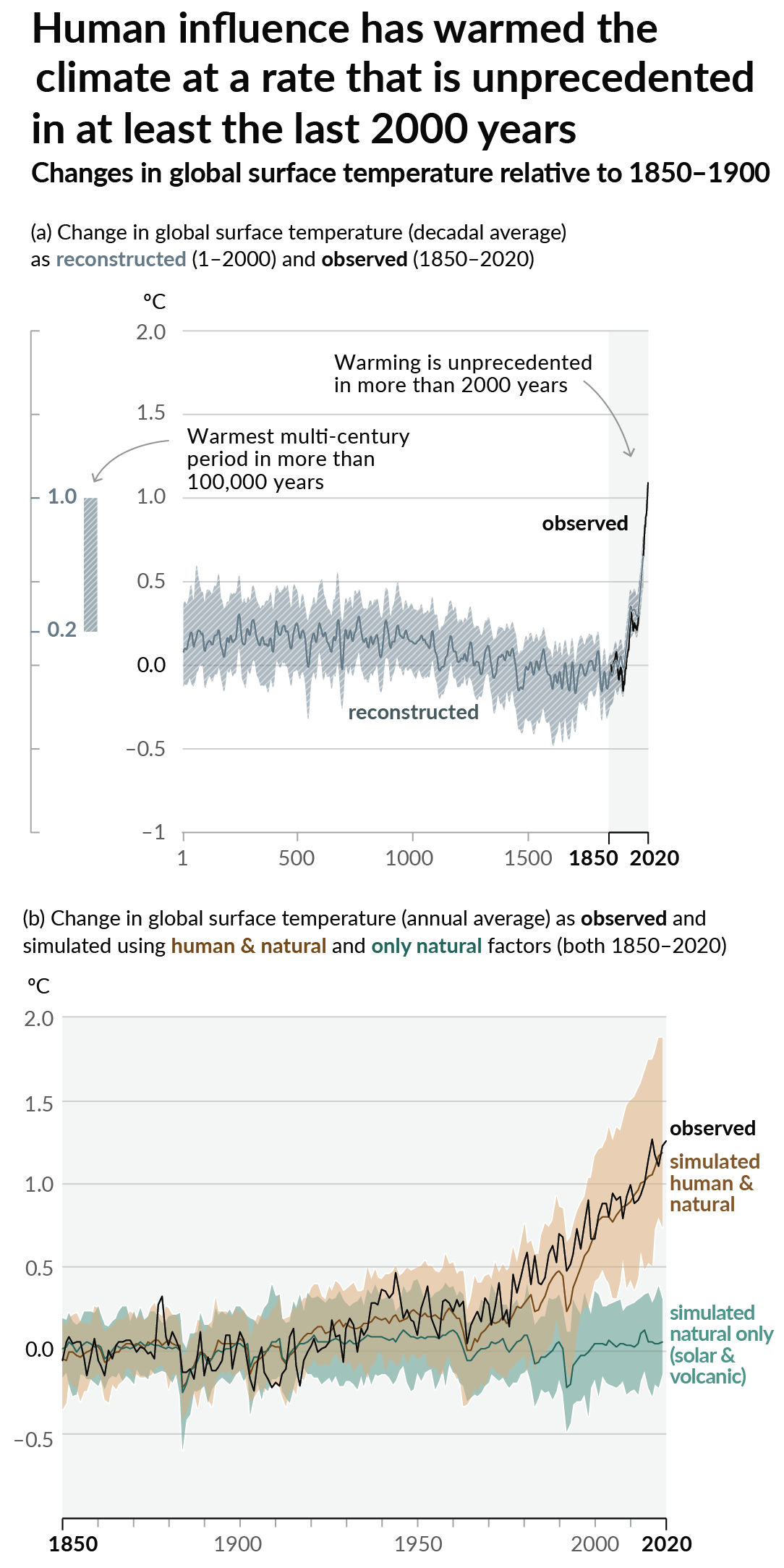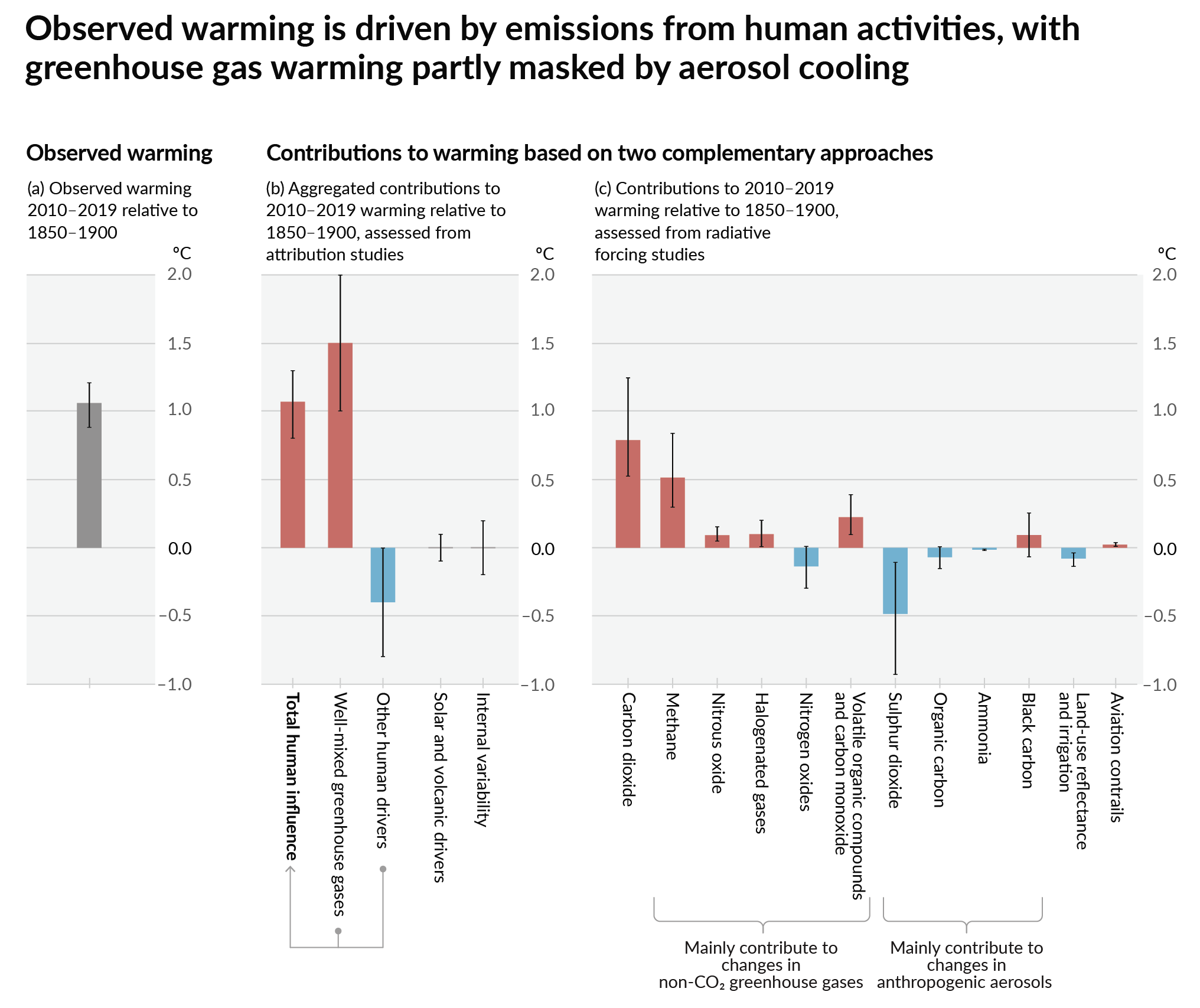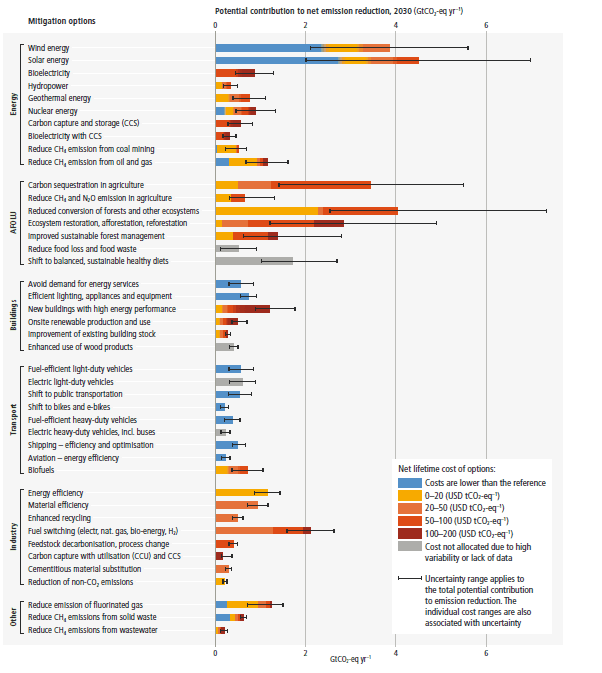This is the same study posted somewhere else. The survey is flawed in that they asked what people ate in the last 24 hours.
That simply means that those people ate a lot in the last 24 hours. Should have been over a week or a month to get a better distribution.
“We analyzed 24-h dietary recall data from adults (n = 10,248) in the 2015–2018 National Health and Nutrition Examination Survey (NHANES).”


